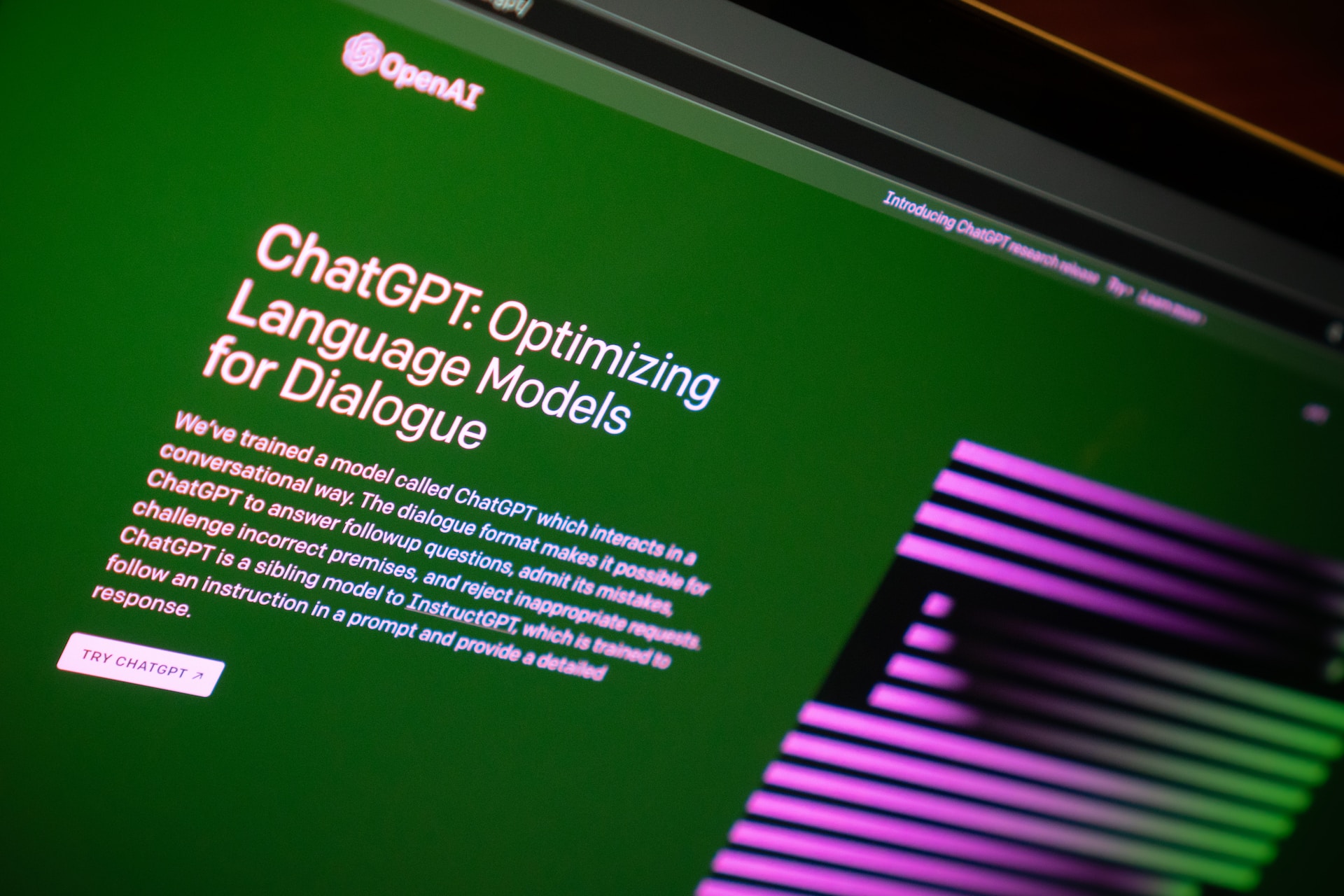And finally… AI-n’t what it seemed

Once valued at $1.5 billion (£1.11bn), British AI startup Builder.ai is now initiating bankruptcy protection after revelations that its lauded artificial intelligence platform was significantly reliant on human engineers, primarily in India, rather than genuine AI automation.
The company, known for its no-code app development and a strategic partnership with Microsoft, had secured over $450 million (£332.36m) in funding from prominent investors including the Qatar Investment Authority (QIA), Microsoft, and SoftBank’s DeepCore.
The collapse was precipitated when key lender Viola Credit withdrew $37m (£27.33m) from Builder.ai’s accounts, leaving insufficient funds to maintain operations across its five active nations – the UK, US, UAE, Singapore, and India. This move followed earlier concerns about the company’s financial transparency, including revised sales figures and an ongoing audit of its financials for the past two years. Allegations from former employees suggested sales performance had been inflated, International Business Times reports.
Linas Beliūnas, Director of Zero Hash, publicly stated the company “had no AI and instead was just a group of Indian developers pretending to write code as AI”, a deception reportedly sustained for eight years. Founder Sachin Dev Duggal also allegedly presented false revenue figures. Despite a recent boardroom reshuffle that saw Manpreet Ratia replace Duggal as CEO to restore confidence, the company has now laid off most of its workforce.
The insolvency of Builder.ai, which less than two years ago secured a $250m (£184.68m) investment led by QIA, highlights growing instability within the AI sector. Experts suggest many AI firms expanded rapidly on hype without robust financial oversight or truly unique products. The Builder.ai scandal raises serious questions about transparency, accountability, and the ethical marketing of AI capabilities.









